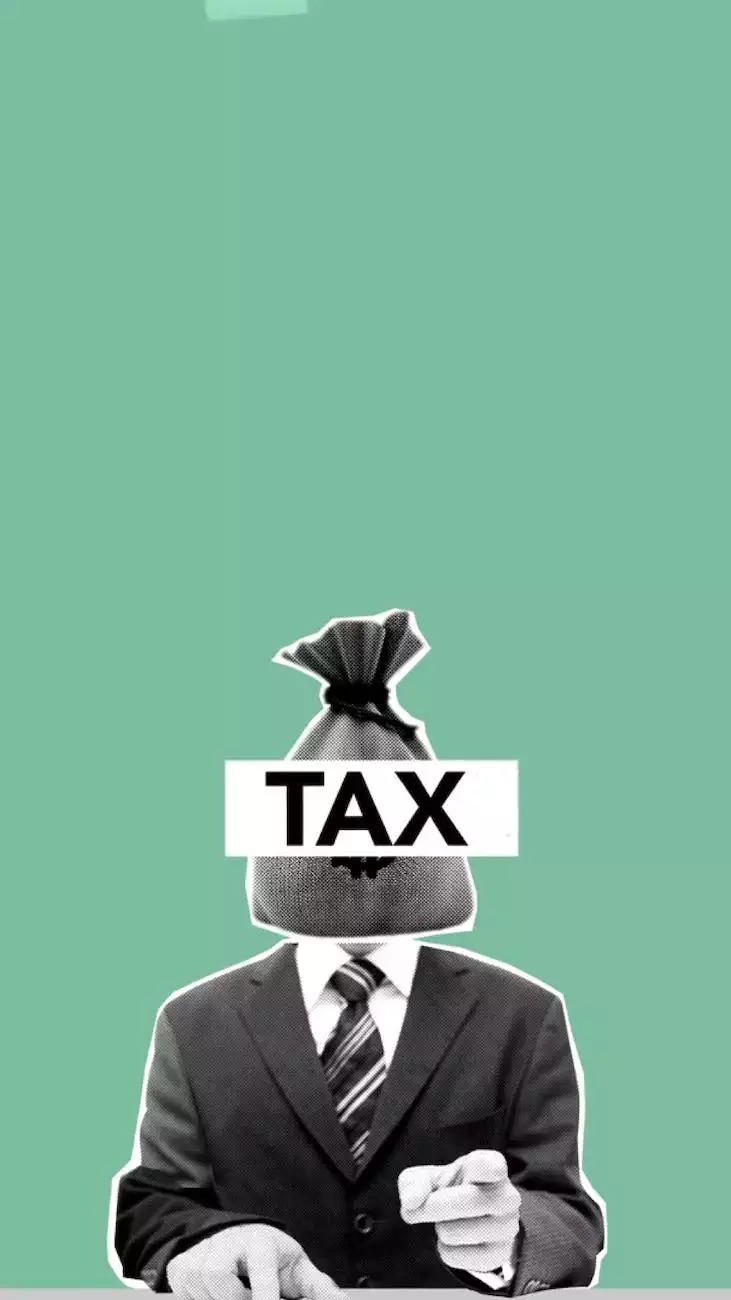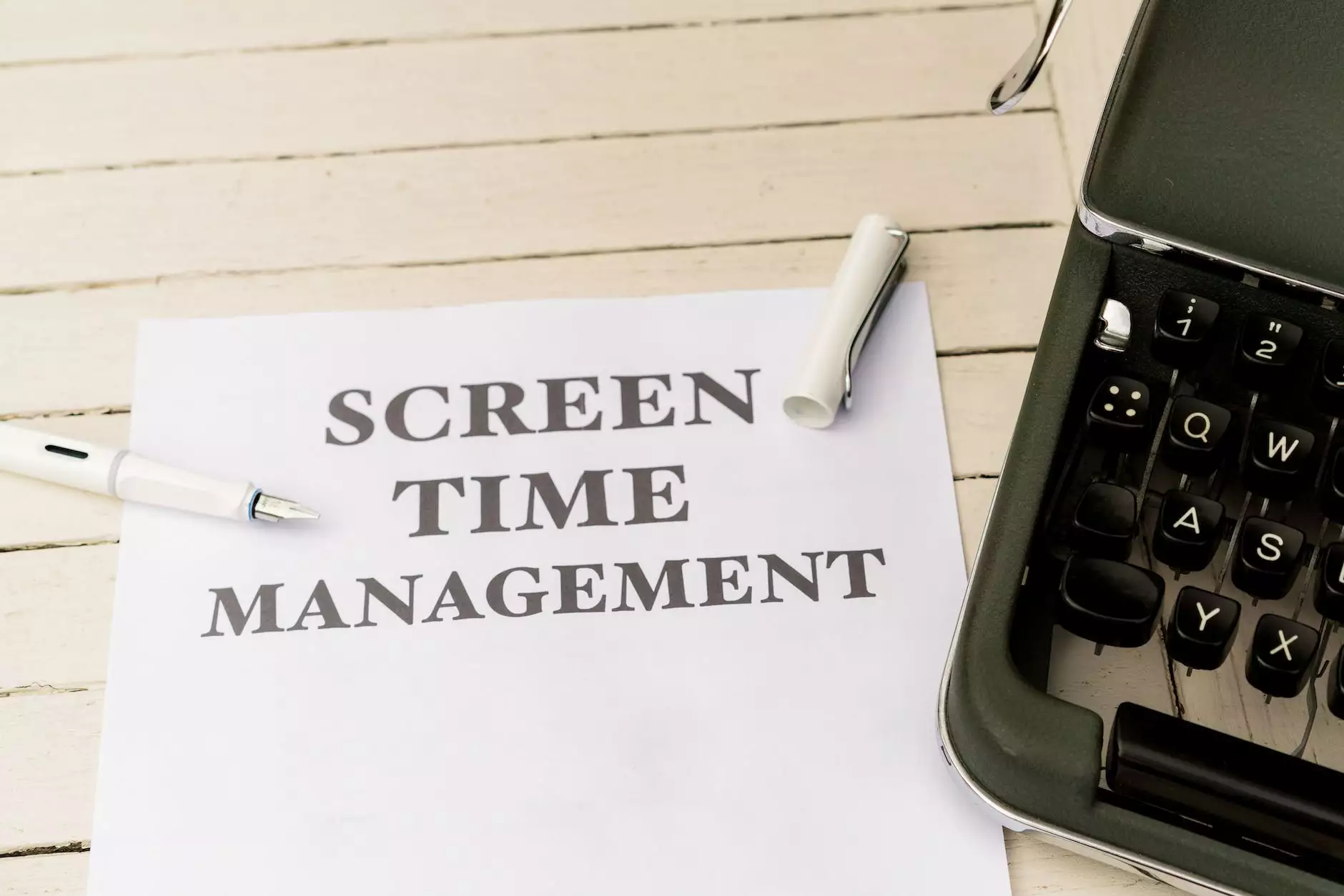How to Stop Debt Collection Calls

Introduction
Welcome to Social Service of America, a trusted resource in the field of community and society philanthropy. In this article, we will provide you with valuable insights and strategies on how to stop debt collection calls and regain control over your financial situation.
Understanding Debt Collection Calls
Debt collection calls can be a major source of stress and anxiety for individuals facing financial difficulties. These calls, often initiated by third-party debt collectors, aim to recover outstanding debts on behalf of creditors.
While debt collection is a legal process, debt collectors must adhere to specific regulations and guidelines outlined by the Fair Debt Collection Practices Act (FDCPA). Unfortunately, some debt collectors may employ aggressive and harassing tactics that violate these regulations.
Steps to Stop Debt Collection Calls
1. Know Your Rights
Understanding your rights as a consumer is essential when dealing with debt collection calls. Familiarize yourself with the FDCPA guidelines, which protect consumers from unfair practices. By knowing your rights, you can identify potential violations and take appropriate action.
2. Request Written Communication
When contacted by a debt collector, request that all communication be conducted in writing. This not only provides a documented record of correspondence but also helps deter aggressive phone calls. Send a formal written request, preferably via certified mail, asking the debt collector to communicate with you solely through written channels.
3. Verify the Debt
Debt collectors must provide you with verification of the debt if requested. Send a written request for debt validation, specifying that you require proof of the legitimacy and ownership of the debt in question. Legitimate debt collectors will provide the necessary documentation, while illegitimate collectors may disappear or stop contacting you altogether.
4. Keep Detailed Records
Maintaining detailed records of all interactions with debt collectors is crucial for your protection. Keep a log of dates, times, and the nature of each call or communication. Record any instances of harassment, intimidation, or violations of the FDCPA guidelines. These records can be valuable evidence if you decide to take legal action.
5. Communicate Cease and Desist
If you prefer to stop all communication with a debt collector, you have the right to send a cease and desist letter. This letter notifies the collector to cease all contact with you, except for specific legally required information such as a lawsuit notice. Once a cease and desist letter is sent, the collector can only contact you to acknowledge the request or inform you of legal actions.
6. Seek Professional Assistance
If debt collection calls persist despite your efforts, seeking professional assistance can provide additional support. Social Service of America offers comprehensive guidance and resources to individuals dealing with debt collectors. Our dedicated team can analyze your unique situation and recommend the best course of action to resolve your financial issues.
Conclusion
Dealing with debt collection calls can be overwhelming, but by understanding your rights and following proper procedures, you can regain control over your financial situation. Remember to stay informed, keep thorough records, and seek professional assistance when needed. Social Service of America is committed to empowering individuals, and we are here to guide you towards a debt-free future. Take the first step today and reclaim your financial freedom!










